Not There Yet: Consent and the Pandemic
Intimacy work and ethical artistic practice centers consent. Consent cannot be given freely if the consequences of saying “no” are too great.
Even under the best of circumstances, the power dynamics of production are such that artists are often unwilling or unable to say “no” or establish boundaries, even if the opportunity is presented to them. In the midst of a global pandemic, consent is nearly impossible. Due to tenuous financial circumstances, housing and food insecurity, eligibility for health insurance, access to healthcare, and hundreds of other concerns above and beyond the usual pressures on workers in the arts to be compliant, it is not currently possible for producing organizations to obtain consent. It is not ethical to ask artists and other employees of producing institutions to “get back to work.”
In March, Theatrical Intimacy Education (TIE) issued a statement calling for the suspension of all rehearsals and performances of physical intimacy and touch for the foreseeable future to limit the transmission of COVID-19. In the following months, in-person theatre and film production has come to an almost total halt. Artists are innovating: moving work on-line, creating socially-distanced solo performance, creating from their homes, etc. TIE has supported those efforts fully and is currently consulting on several such productions.
But in the past few weeks, we have seen a surge of determination to “get back to work.” While the situation in other countries is considerably less dire, as of August 14, 2020, the number of deaths per day remains high and total deaths have climbed beyond 165,000 people (and by other estimates are already in excess of 200,000) in the United States alone.
Until there is an effective vaccine and/or a dramatic reduction in the number of new cases, it is not safe to resume production in the United States unless all participants and patrons maintain strict social distancing, masking, and all other CDC recommendations for the reduction of disease transmission. Unsafe practices include processes that are partially online, productions in “low-risk” areas of the country, or wearing masks for rehearsals and removing them for performances. If your practices don’t protect the box office workers, ushers, custodial staff, audience, and wardrobe supervisors, they are unethical and unsafe.
Unless you are bubbling or quarantining the entire company together, testing consistently, offering hazard pay, socially distancing the audience, and implementing protocols to protect your entire staff, there is no ethical way to produce “normal” work right now. If you usually hire union, but you are hiring non-union actors because the unions say what you are doing is unsafe, it is unsafe. There are intensive efforts underway to ensure that artists, students, and teachers can return to work safely, but we are not there yet.
The onus falls on institutions and producing organizations to stop offering work that is not safe for vulnerable folks to participate in. Put them to work in ways that don't jeopardize their health in an effort to protect all of our livelihoods. One cannot have a livelihood if one is dead or seriously incapacitated by a virus that we are only beginning to understand the full consequences of. A virus that has an outsized impact on people of the global majority and people with preexisting conditions. A virus that we might bring home with us to our families and communities. The arts have survived pandemics and plagues. We will survive this one.
In the meantime, develop safety policies, respond thoughtfully and with concrete action to We See You, White American Theatre’s demands, produce work online.
We all want to get back into the room. But we are not there yet.

